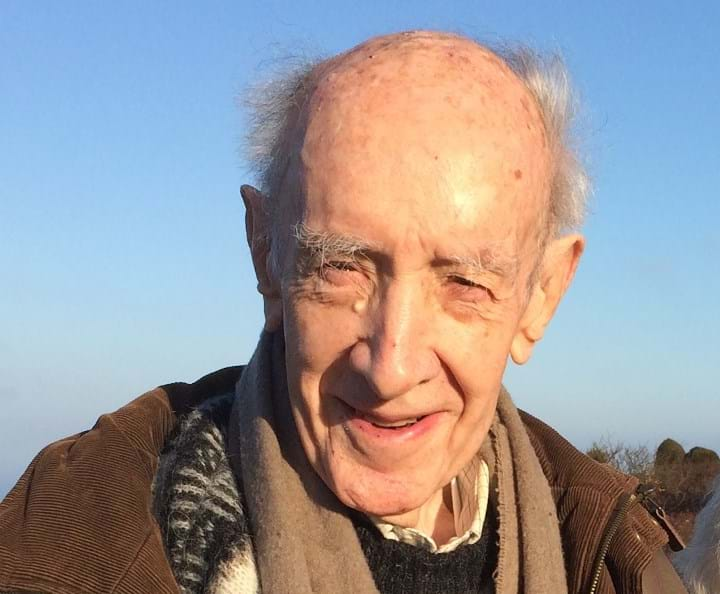Ronald Hughes, 1928–2020

RONALD Hughes was a well-known academic in the field of catalysis. He was Professor of Chemical Engineering at the University of Salford, UK from 1968, where he became Head of Department until his partial retirement in 1992, when he went on to work part-time until 2002.
Ronald, an only child, was born to Welsh parents in Lowestoft in Suffolk, where his father was a merchant sailor. He studied chemistry at the University of Leeds where he graduated in 1953. He worked in industry for six years for the UK Atomic Energy Authority before settling at UMIST (now part of the University of Manchester) where he got his PhD in 1967. Another doctorate in science followed from the University of Leeds ten years later.
His initial research focussed on investigating the kinetics of catalytic systems, a complex subject that was then under development and is still studied today. He studied the kinetics of many relevant reactions in industry and rapidly realised that catalysts would often undergo deactivation and would need to be regenerated or replaced to recover production rates. This was an important subject that had a significant economic impact on industry. In the early 70s, Ronald was already studying methods for catalyst regeneration, especially of coked catalysts. At the same time he was examining the complex mechanics of catalyst deactivation in a way that could be understood by academic researchers and industry. This led to him writing, what was considered by his peers, a seminal book entitled Deactivation of Catalysts that was published in 1984 and instantly became a worldwide success amongst the catalyst community, translated into many languages. He helped develop complex computer programmes which were so large they needed to be exported to large shared computing facilities like the University of Manchester regional computing centre where they would typically run for days. He also studied the processes of catalyst coking and the nature of coke deposits and was one of the first scientists in the world to use neutron attenuation techniques to study coke deposits in chemical reactors, which involved collaborating with physicists working in nuclear facilities.
Pollution problems are now high on today’s global agenda. Ronald worried about this early on and wrote papers in the early 70s about the removal of contaminants from industrial gas waste and the removal of nitrogen oxides and oxidation of carbon monoxide.
In the 1980s, despite having a worldwide reputation for his work on catalyst deactivation and regeneration he moved into a new emerging field of membrane reactors, and by the 1990s he had published a number of papers on the subject and had established a solid reputation in this field too. This pioneering work on membrane and membrane reactors was invaluable for the petrochemical industry. Some results are still being researched today, such as the removal of carbon dioxide from gas streams.
Ronald was a member of IChemE and became a Fellow in 1976.
His passion for his field was such that he was still writing papers until 2012, when he was 84 years old and some ten years after his official retirement.
Ronald died on 7 February peacefully at home in Stockport aged 91. He is survived by his wife of 57 years, Sylvia, and two children and two grandchildren.
Recent Editions
Catch up on the latest news, views and jobs from The Chemical Engineer. Below are the four latest issues. View a wider selection of the archive from within the Magazine section of this site.




